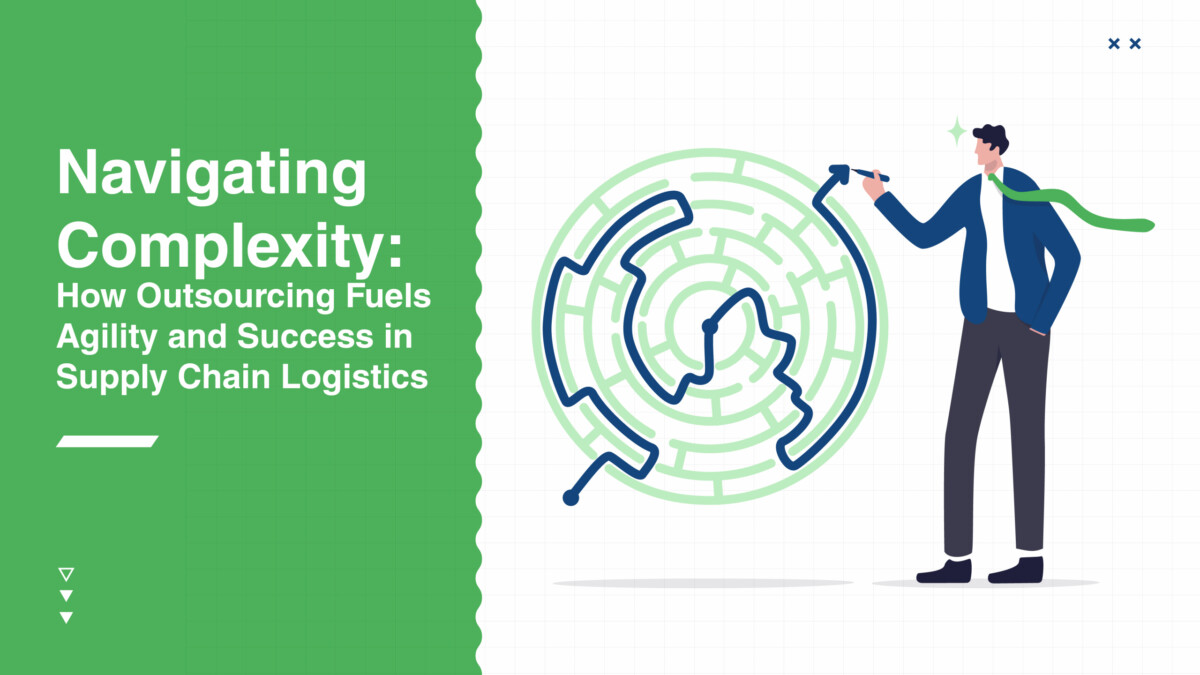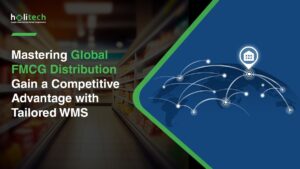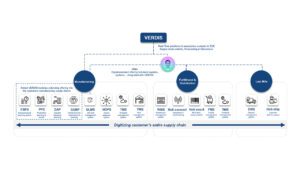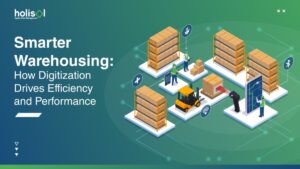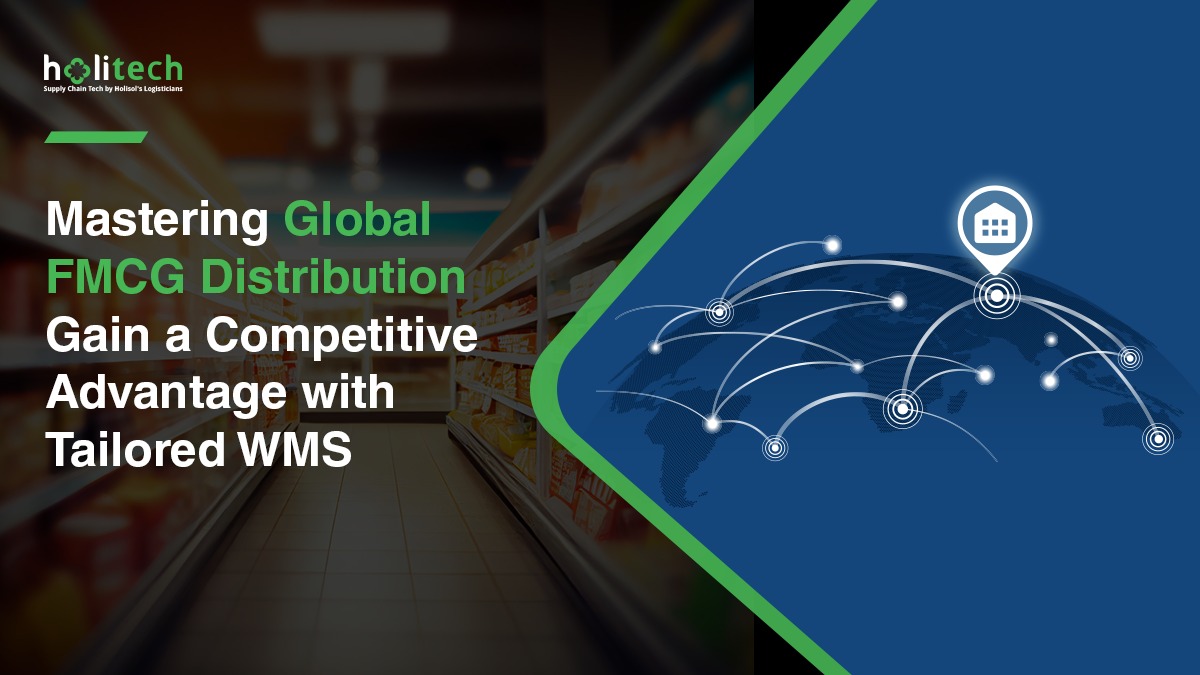With an ever-expanding product assortment customized for different consumer segments, companies encounter complexity in their demand and supply planning processes. As businesses scale up, managing multiple fronts, such as sourcing, production, inventory planning, fulfilment, and marketing, becomes increasingly intricate. Additionally, unexpected disruptions like the Covid-19 pandemic further exacerbate the situation. This requires a comprehensive and agile supply chain logistics approach to effectively manage the complexities and challenges faced by businesses.
Outsourcing logistics provides access to specialized experts, advanced technologies, and scalable resources that can effectively navigate the intricacies of managing expanding product assortments and complex demand-supply dynamics.
In recent years several new trends have emerged in the field of outsourcing. These trends reflect the evolving needs and dynamics of businesses seeking to optimize their operations and gain a competitive edge.
Here are some of the notable trends:
Focus on Core Competencies
- More businesses are recognizing the value of focusing on their core competencies to succeed in the market. The offloading of non-core activities to the specialists allows them to allocate their resources and attention to the strategic areas that differentiate their business in the market.
Collaborative Partnership
- Collaboration fosters a stronger goal alignment, mutual growth, and long-term success between customers and outsourced service providers.
- The traditional relationship between a customer and service provider is transforming into a collaborative partnership model. Businesses need a strategic partner who understands their business and its complexity and offers confidence in existing experience with similar customers, insights, and innovations, and add value to their business.
Outcome-based Partnership:
- The focus is shifting to outcome-based deliverables to achieve the desired business outcomes. Agreements are structured around specific output, and results such as improved customer satisfaction through impeccable order fulfillment, inventory accuracy, and cost savings.
- This increases accountability, a shared sense of risk, and a higher focus on delivering tangible business value.
Agility and Flexibility
- By embracing agile and flexible outsourcing models, businesses can increase their ability to respond swiftly to market changes, optimize costs, and scale their supply chain operations in a more efficient and adaptable manner. These models, combined with cloud-based platforms and dynamic pricing, provide the necessary agility and flexibility to navigate the complexities of the modern business landscape.
Digital Transformation and Automation
- Advanced analytics, data-driven insights into automation, and robotics technology are playing a pivotal role in optimizing various aspects of the supply chain. Technology capabilities have emerged as one of the critical factors in choosing a supply chain partner.
- Outsourcing providers are offering advanced technological solutions and expertise to help businesses automate processes, enhance customer experiences, and drive innovation.
Why Choose Outsourcing
- Expertise and Resources: Outsourcing allows businesses to tap into expertise in areas such as demand forecasting, sourcing, production, inventory management, and logistics.
- It can be challenging and costly to recruit and manage a team with specialized skills in each of these areas.
- Cost Efficiency: Managing it in-house can be capital-intensive, requiring investment in infrastructure, technology, and human resources. Outsourcing of supply chain logistics can provide cost efficiencies through economies of scale.
- Scalability & Flexibility: Having external bandwidth of logistics partners’ resources would mean that you can grow and modify on the go without having to recruit, train and manage your own resources, get bogged down, and lose market opportunity.
- Market reach & time to market: Logistics providers often have an established network of suppliers, carriers, and fulfillment centers, enabling businesses to access a broader geographic reach and tap into target markets at super speed
- End-to-End Management: Outsourcing can play a significant role in the end-to-end management of logistics by leveraging specialized expertise, optimizing resources, and enhancing operational efficiency.
Summary
Product assortment customization for different consumer segments has led to increased complexity in demand and supply planning processes. Mature companies recognize that outsourcing complexities to experts who specialize in their respective fields are crucial to succeed in the market.
Holisol’s end-to-end tech-enabled solutions have benefited retail and automotive brands in managing complex supply chain solutions and providing visibility and control of inventory and orders as they move along the supply chain.

